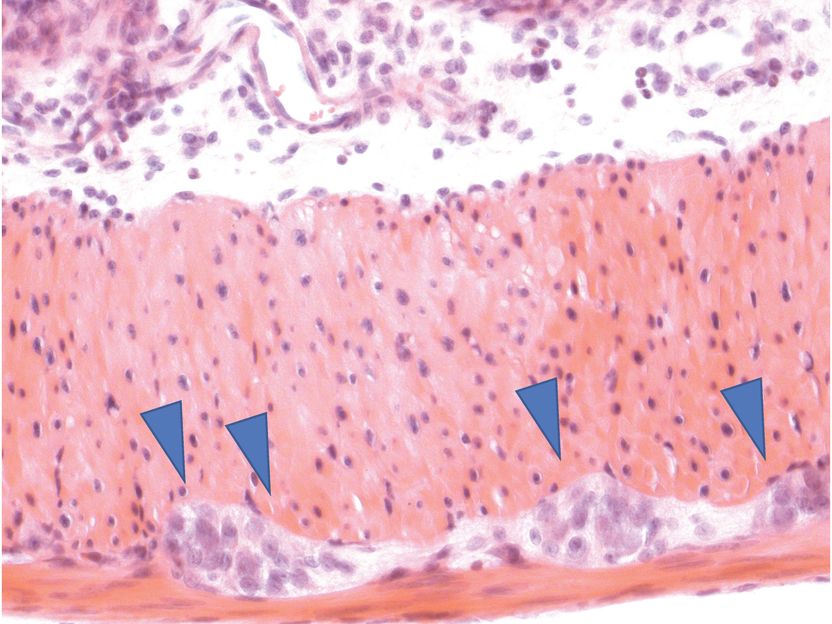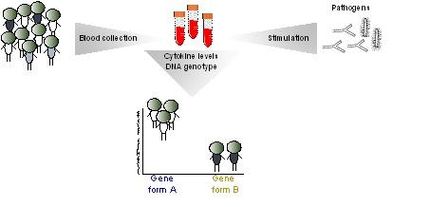Deadly candidiasis must be addressed swiftly to help vulnerable patients
One of the most common causes of healthcare-associated infections, candidiasis is a serious, life-threatening fungal infection that needs to be treated early, aggressively and appropriately, note updated guidelines released by the infectious diseases Society of America (IDSA).
Updating guidelines released in 2009, the new guidelines underscore the importance of consulting an infectious diseases (ID) specialist to identify candidiasis quickly and ensure a good outcome, as well as recommend a shift from fluconazole to echinocandins for the initial treatment of invasive infections. Candida fungi can cause a wide variety of infections, including of the mouth, tongue, vagina and esophagus, but candidiasis most often is invasive, involving deep tissues. Among the most serious is blood-stream infection (candidemia), a significant problem for vulnerable hospitalized patients. As many as 47 percent of patients with candidemia die, according to some studies.
The updated guidelines recommend the medication switch because newer research shows that in invasive infections, echinocandins - which kill the fungus - are more effective than fluconazole - which prevents the fungus from growing. Another change is the recommendation of testing for antifungal susceptibility as resistance is a growing concern in candidiasis. The new guidelines also emphasize the benefits of the step-down approach, in which a patient may be started on intravenous (IV) antifungals (such as echinocandins) and then switched to oral medication (such as fluconazole).
"Virtually anything in the body can be infected with Candida, but infections of the blood stream, or seeded from the blood stream - heart, brain, eyes, kidneys, liver - are the ones we worry about the most," said Peter G. Pappas, MD, lead author of the study and professor of medicine in the Division of Infectious Diseases at the University of Alabama at Birmingham. "These infections are a significant concern among hospitalized patients. In fact, patients who get candidemia are more likely to die than those whose bloodstream infections are caused by bacteria."
The guidelines note that intensive care unit physicians should suspect candidiasis in patients who are deteriorating without an obvious reason, have unexplained fever, have an elevated white blood cell count, have a central venous catheter or recently had abdominal surgery.
"There is no specific, rapid diagnostic test, and these infections can be difficult to diagnose and treat," said Carol A. Kauffman, MD, co-author of the guidelines, professor of internal medicine at the University of Michigan Medical School and chief of the Infectious Diseases Section of the Veterans Affairs Ann Arbor Healthcare System. "Consulting with an ID specialist - who has the expertise to make sense of all of the factors involved - is crucial."
Original publication
Peter G. Pappas, Carol A. Kauffman, David R. Andes, Cornelius J. Clancy, Kieren A. Marr, Luis Ostrosky-Zeichner, Annette C. Reboli, Mindy G. Schuster, Jose A. Vazquez, Thomas J. Walsh, Theoklis E. Zaoutis, and Jack D. Sobel; "Clinical Practice Guideline for the Management of Candidiasis: 2016 Update by the Infectious Diseases Society of America "; Clin Infect Dis.; 2015
Most read news
Original publication
Peter G. Pappas, Carol A. Kauffman, David R. Andes, Cornelius J. Clancy, Kieren A. Marr, Luis Ostrosky-Zeichner, Annette C. Reboli, Mindy G. Schuster, Jose A. Vazquez, Thomas J. Walsh, Theoklis E. Zaoutis, and Jack D. Sobel; "Clinical Practice Guideline for the Management of Candidiasis: 2016 Update by the Infectious Diseases Society of America "; Clin Infect Dis.; 2015
Organizations
Other news from the department science

Get the life science industry in your inbox
By submitting this form you agree that LUMITOS AG will send you the newsletter(s) selected above by email. Your data will not be passed on to third parties. Your data will be stored and processed in accordance with our data protection regulations. LUMITOS may contact you by email for the purpose of advertising or market and opinion surveys. You can revoke your consent at any time without giving reasons to LUMITOS AG, Ernst-Augustin-Str. 2, 12489 Berlin, Germany or by e-mail at revoke@lumitos.com with effect for the future. In addition, each email contains a link to unsubscribe from the corresponding newsletter.
More news from our other portals
Last viewed contents
William_Henry_Harvey

Intestinal inflammation: immune cells protect nerve cells after infection - New findings on the functions of the gut-brain axis
Mitsui Chemicals to Consolidate its Three Agrochemicals Subsidiaries
Bristol-Myers Squibb to Acquire Medarex

ANTABIO Raises €25 Million in Series B Financing - The financing will be used to support the clinical development of a next generation antibacterial combination
These boosts are made for walkin' - Study reveals that movement kicks visual system into higher gear
BASF sells marine biopolymers business to Seagarden ASA

Small RNA as a Central Player in Infections - The most important pathogenicity factors of the gastric pathogen Helicobacter pylori are centrally regulated by a small RNA molecule - And this was not the only surprise























































